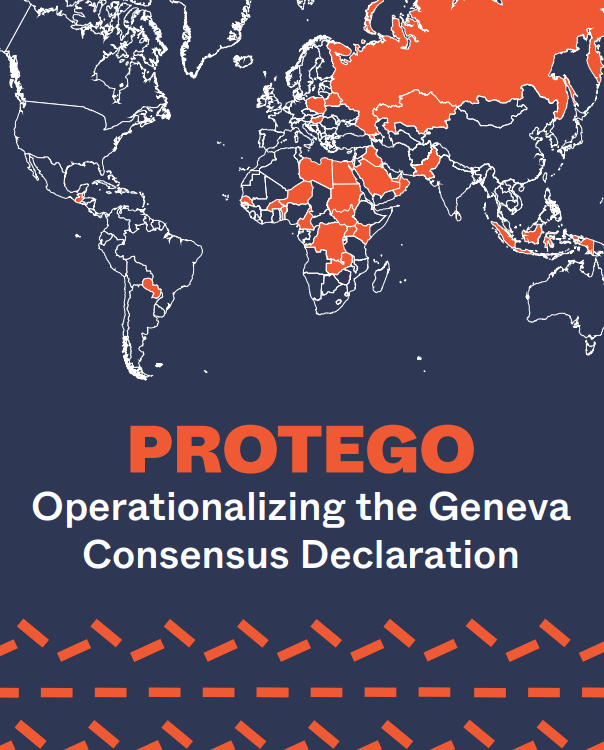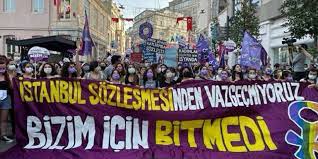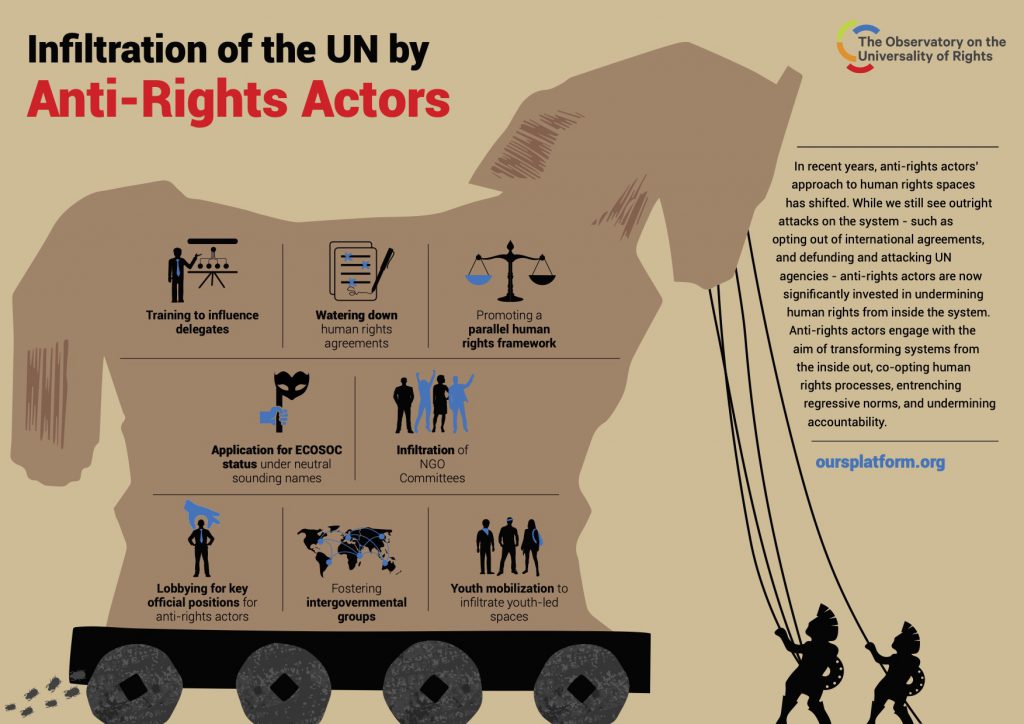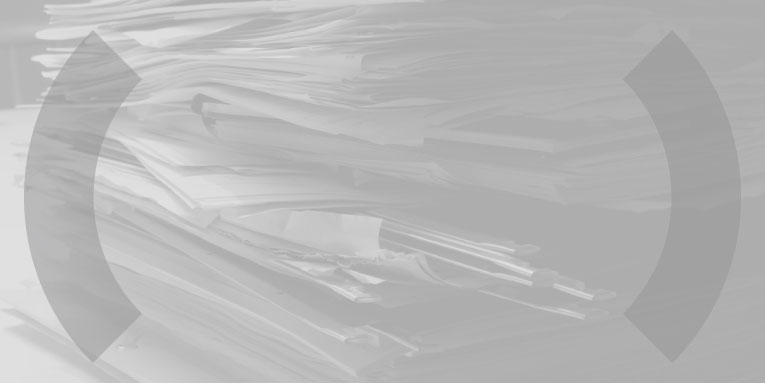In January 2025, the sudden and unprecedented USAID Stop Work Order sent shockwaves through the development, humanitarian, and human rights ecosystems.
Even before these developments, feminist movements and rights defenders were already contending with a changing resourcing ecosystem influenced by the global shift rightwards: the redistribution of resources from civil society to government, significant reductions in foreign aid, and even closure of private foundations who held up much of the support for our shared work. Before 2025, we were already concerned that there was no clear funding stream or institution who could “fill the gap” for our vital work.
While new attention to the the anti-rights threat from funders has made significant contributions to expanding the base of informed advocates who are better able to anticipate risks and prepare to
respond, much more needs to be done to bring this work to scale and create a sustainable movement that can resist for the long term.
This brief provides recommendation from the Observatory on the Universality of Rights (OURs) to funders, outlining the ways they can make a difference by supporting the resistance to fascisms, fundamentalisms, authoritarianism, and anti-rights threats.








